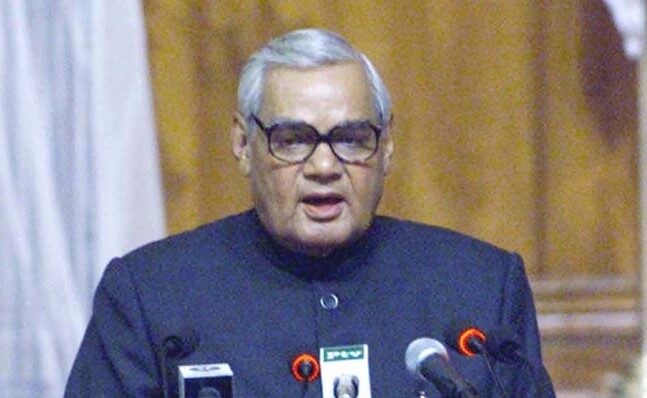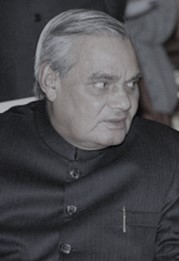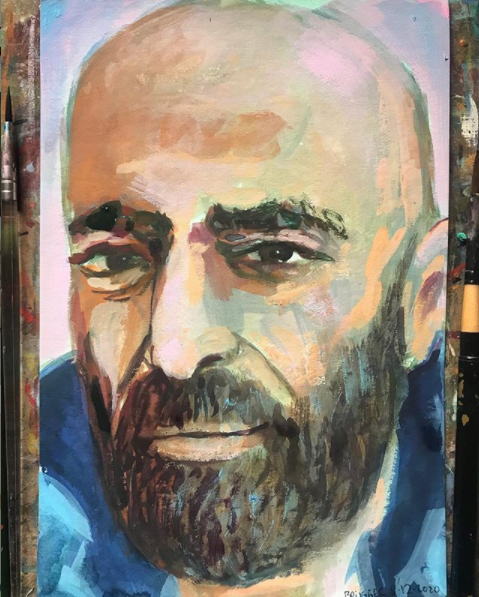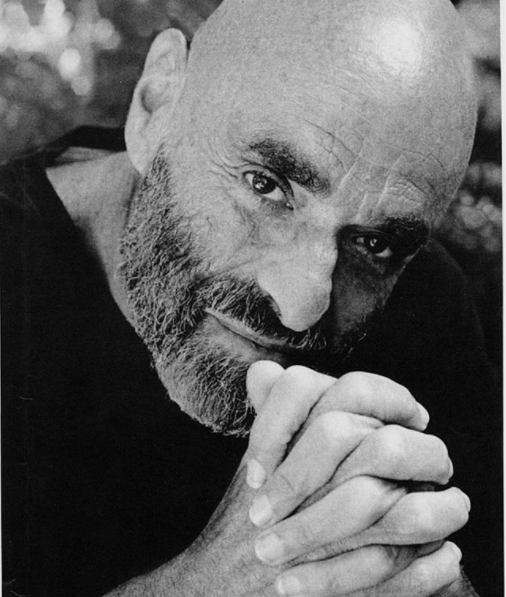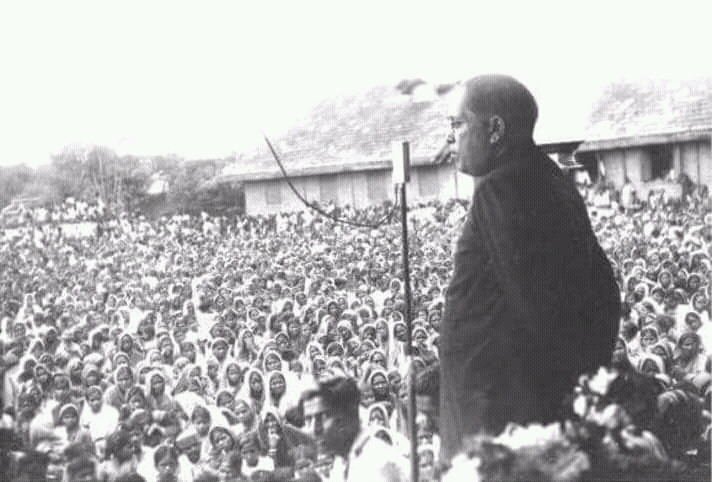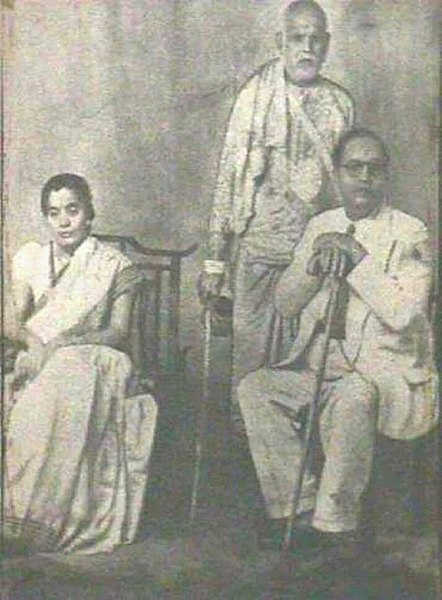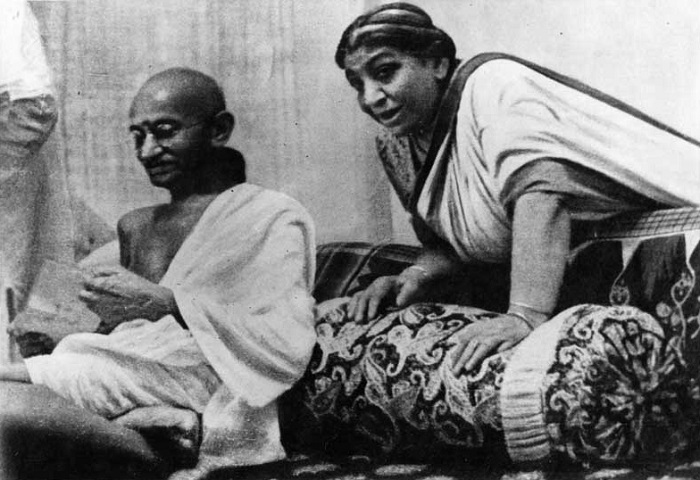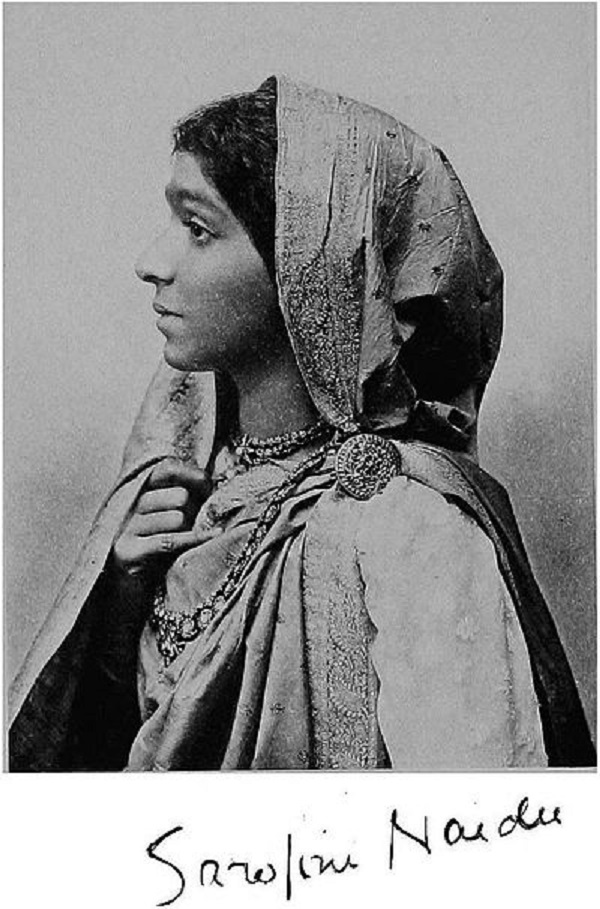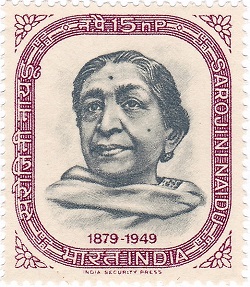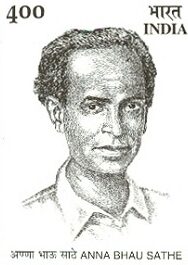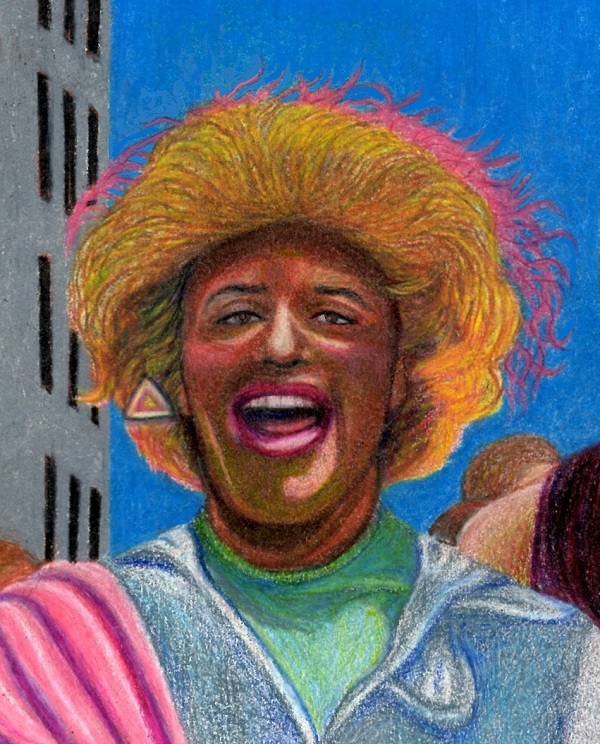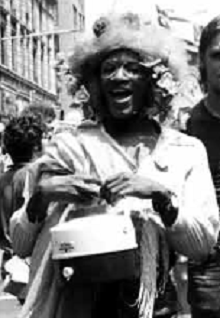
Saint Kabir Das, a mystical soul of the 15th century who had spent his early life in a Muslim family. His followers claimed that he was born in womb from a widow and his mother left Kabir alone in the universe (as to escape her from the bruising of people and society) thus, the Muslim family of Kabir was his second parents.
However, this is a real traditional story of his birth. Das was born in Varanasi, one of the holy lands on the earth and exact date of birth is under conflicts. His quoted lines and saying are popular. The saint Kabir was one of the famous saint like Guru Nanak.
Thus, his followers in India called Kabir Panthis, they are occupied northern and central part of India. Despite his mystical powers, he was a great poet and writer. His writing includes, Bijak Sakhi (Novel), Kabir Granthwali and Anurag Sagar.
However, his early life from Muslim community, his verses and writings mostly influenced Bhakti of Hindu and Sikh religions. His spiritual teacher, Ramananda (his poems and writings found in Guru Granth Sahib), he was very influential saint and his teachings were rapidly grown in the north India.
He was also caught in the lane of a bay of criticized people for being negative on part of women. According to Kabir, women is Black Cobra, The pit of hell and prevents spiritual growth of man.
His poetry shed lights especially on karma of human and its fruit.
Few learnings from verses of Kabir Das (his verses are in Hindi and this is meanings of what Kabira says)
- Some try reading spiritual books, novel day and night to become a saint but did not turn up into a saint. We also have to adapt and change our inners that is called inner engineering. And those who turned into saint they talk few words in a lovely tone (here Kabir has given importance to love).
- When you have a God and Teacher in front of you to whom you will choose? Kabir says, teacher you are great, you teach us reasons of how to find God.
- God, I don't want much property money and fame. Give me only enough to feed my family and any guest visit us should not leave empty stomach.
- Your love and wishes never dies nor your heart gets fulfilled. Only body dies but never hope and desire.
- Everyone prayer God in bad times, later nobody bothers to take his even names in good times. Do prayers in good times and never let bad days knock the door again.
One of his poem हीरा सोई सराहिये (Sleeping Diamond Appreciates) by Saint Kabir Das
Only the diamond is praiseworthy
who shines after bearing the blows of the hammer.
The fraud and deceptive men especially the ones who try to behave smarter than others. They always found cruel when tested.
Few who pass testing conditions successfully are truly praiseworthy ones.
You should show your intelligence only to those people who can understand it. It is idiocy to show your intelligence to idiots.
While most of the people care about how to look, intelligence. Ones can recognize a real gem even when it doesn't look good. (e.g., when a diamond soiled and it only looks like a stone).
हीरा सोई सराहिये
सहे घनन की चोट
कपट को रंगे मानवा
परखत निकरा खोट
हीरा तहाँ ना खोलिये
जहाँ कुंजड़ों की हाट
सहजे गाँठि बाँधी के
लगिये अपनी बात
हीरा सोई सराहिये…
हीरा परा बाजार में
रहा छार लपटाय
केतिहे मूरख पची मुए
कोई पारखी लिया उठाय
हीरा सोई सराहिये…
MORE MUST-READ STORIES
- Read about “How Much Love Inside A Friend?” by Shel Silverstein





